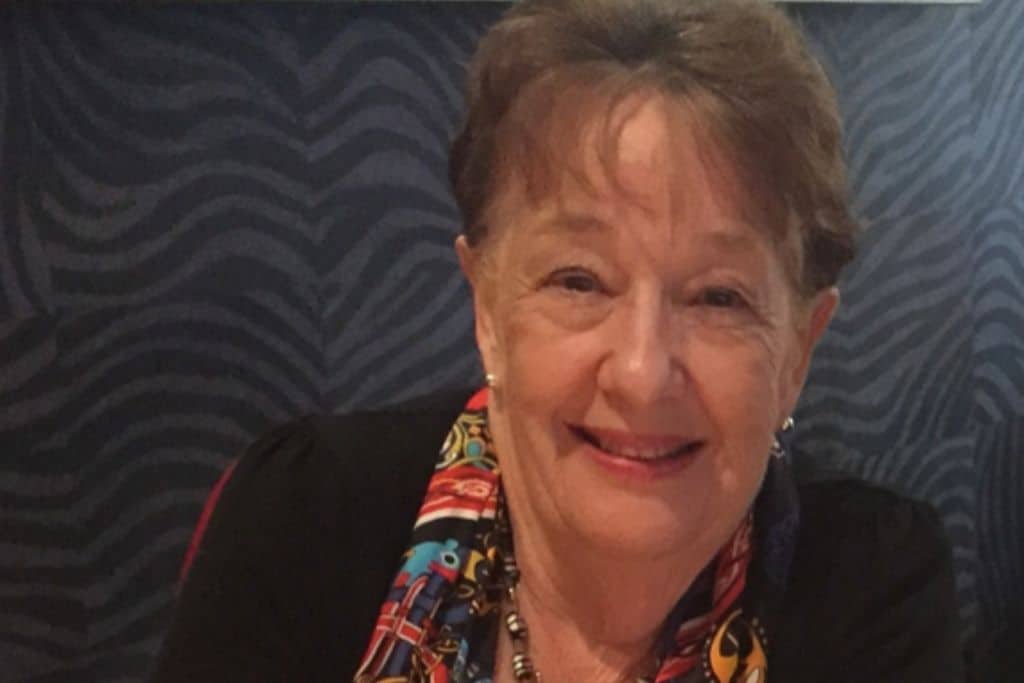
Today’s expert is Bernie, an Alcohol and Drug clinician based in Dunedin.
========
Mrs D: How are you put in contact with people who have a problem with alcohol?
Bernie: I work for the District Health Board's alcohol and drug services, we're based at Wakari hospital. Most people come to the service through word of mouth and self referral or through referral by GP, CYF, Probation, or other organisation.
Mrs D: Is alcohol misuse the main problem they face? Or are there often other underlying issues they are battling?
Bernie: The focus of the service is on the substance use but there are generally other underlying issues; and, due to problematic substance use, further problems added to the mix.
Mrs D: Do you try to uncouple alcohol misuse from the other issues a patient might be facing and focus solely on helping a person get sober? Or do you think it’s important to look at each person as a whole?
Bernie: This is a great question. I work with the local services to promote an “Any door is the right door” policy that recognizes Co-Existing Problems (CEP). The whole person is the focus and the use of Motivational Interviewing supports the motivation of the person to work on the areas they deem important and able to address at that time. Where there are other underlying issues that aren't just about alcohol we collaborate with other agencies to help the person get the right sort of care - sometimes transferring them to other services, our service or sometimes sharing care between us. It's important for us to note that some aspects of a person's life do require more specialised care depending on the degree to which it is impacting on their life or their capacity to change. Being able to focus on one aspect of a person's life (such as alcohol misuse) can be helpful, but we never see it in isolation of the many other factors that contribute to a person's wellbeing.
Mrs D: What sort of impact can heavy alcohol use have on a person’s emotional wellbeing?
Bernie: Biologically, alcohol impacts on mood (it increases the likelihood of depression) as well as anxiety, memory and concentration, executive functioning (problem solving), and disinhibition. Some things are directly related (such as mood, anxiety and poor sleep), others are secondary issues (problems caused by poor decision making etc resulting in guilt and shame).
Mrs D: Often we think the alcohol is helping us deal with stress and negative emotions (I know I did), do you think alcohol helps a person deal with those things?
Bernie: Of course it does…for a very short time! But the reality is it simply removes us from the situation (which provides relief) but afterwards the situation is still there, or comes back or (as is usually the case) gets bigger because the drinking added to the problem and stress. One thing I will comment on is that we all have emotions and it is a condition of the human mind to label them “positive” or “negative”. Once labeled negative, it seems reasonable to want to ‘get away’ from them (by drinking etc). An alternative way to look at it is to be interested in the emotion, be kind and accept it is part of life and learn ways to manage the emotions and behaviours. Our emotions and thoughts we do not choose…how we behave towards them we can choose.
Mrs D: What sort of approach do you take with an individual?
Bernie: This is a lovely question. I personally have an open and inquisitive approach that is interested in what is and where to from here. I use my knowledge and understanding of addiction, patterns of behavior, medications etc to help understand and predict what could happen, and help to educate and perhaps challenge a person's perception of their reality. If a person has tried to cut down many times and always ends up in a big mess…maybe it is time to try something different. I am client focused and I am particularly interested in what they believe they can manage given the circumstances, and what works from their experience. I use the particular model called ACT (Acceptance and Commitment Therapy) and in particular use ‘The Matrix’ to help formulate a plan that is identified by the person, in their own words.
Mrs D: Why do you think so many people who struggle with anxiety, depression or low-self esteem end up abusing alcohol?
Bernie: Because it is there and it works; until it doesn’t but then it is too late.
Mrs D: Do you think alcohol ‘gets in the way’ of a person being able to address these sorts of underlying issues?
Bernie: Ongoing substance use can get in the way but that does not mean there is the simple answer for all i.e. stop using. Life is not like that. As I noted earlier, life is a complex set of circumstances that each person needs to address in their own way. That is not to say that some ways are not great, it is just that many ways are great and each person needs to be at the right place at the right time for them.
Mrs D: Do you think it’s harder for people with other underlying issues (such as depression or anxiety) to get sober? Or do you find they often have in-built skills and resilience that serves them well as they enter recovery?
Bernie: I believe ALL people have great skills and resilience that do serve them well. What some people work on however is not what ‘others’ want them to work on and they often believe staying safe is about keeping things the same. People do what they know best. To do anything differently is scary…it may not work! Many of the underlying causes of depression and anxiety are lifelong situations - major events, trauma, or ongoing trauma. To quote the late Celia Lashlie; "for many people, life is right there, there is not room for choices, you just do what you have to do to survive".
Mrs D: How can you help someone gain the strength and determination needed to remove alcohol from their lives? How can they help themselves?
Bernie: The best that anyone can do is try. And the best we can do is support that effort in any way we can. There is no magic, it is trial and error and the right place at the right time. Starting is a big thing, and being made accountable for the actions of their drinking gets people face to face with reality. “Rock bottom”. But then what…? Compassion, multiple options and efforts, access to support from whanua/family, community and agencies. These all provide options for people but they need to CHOOSE their own behavior, no matter how small and notice the difference. Not easy, but keep it simple.
Mrs D: Is there a ‘normal’ period of time that you would work with a person helping them recover from a substance abuse and other underlying problems?
Bernie: No, for some people they only need a single intervention, others need years.
Mrs D: What’s the best part of your job?
Bernie: Meeting new people when they come here for the first time - they are scared to death - and when I can help them think recovery is possible, awesome!
Mrs D: Anything else you’d like to add?
Bernie: Thank you for all the work you do on this subject. Stigmatisation is a huge factor in addiction, particularly from the person themselves. Being able to privately learn from other people’s stories is invaluable and can lead to hope and maybe further action. A great treasure to have.






I think it’s interesting learning how to be with different emotions. “One thing I will comment on is that we all have emotions and it is a condition of the human mind to label them “positive” or “negative”. Once labeled negative, it seems reasonable to want to ‘get away’ from them (by drinking etc). An alternative way to look at it is to be interested in the emotion, be kind and accept it is part of life and learn ways to manage the emotions and behaviours. Our emotions and thoughts we do not choose…how we behave towards them we can choose.”
I am going to use this. Thanks